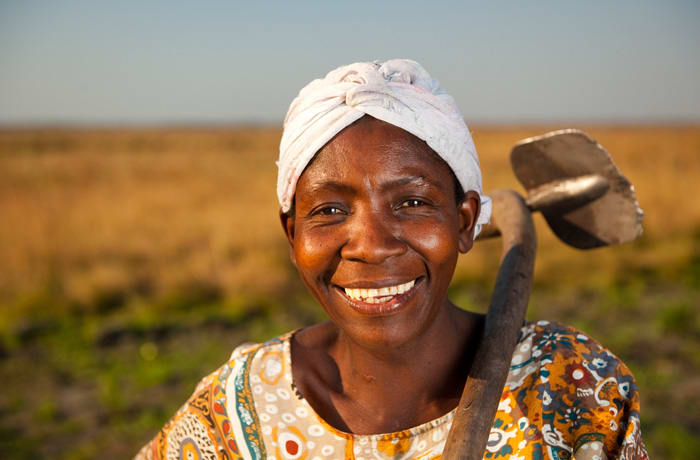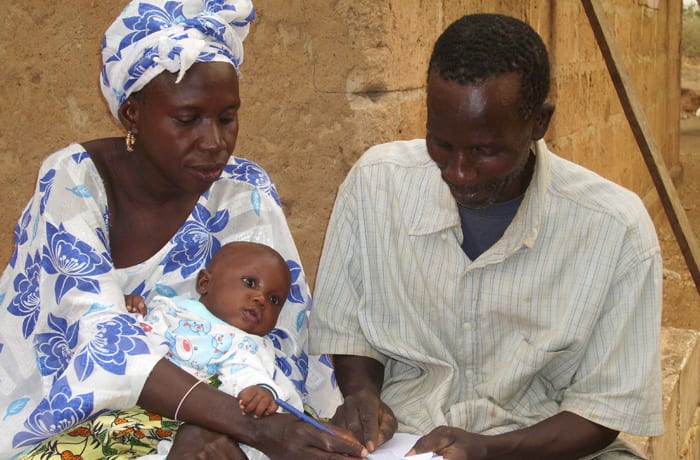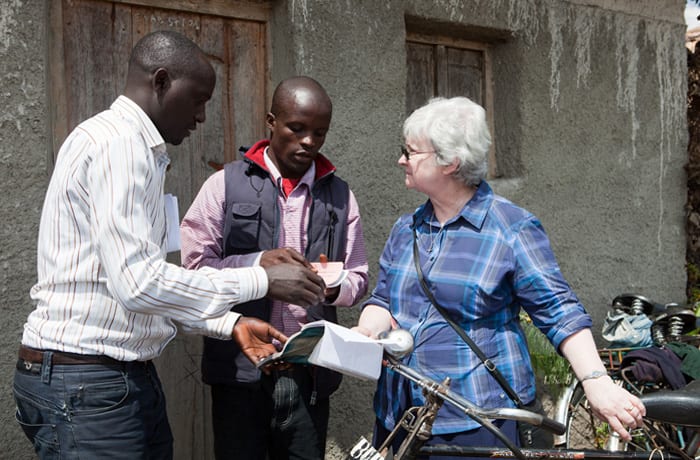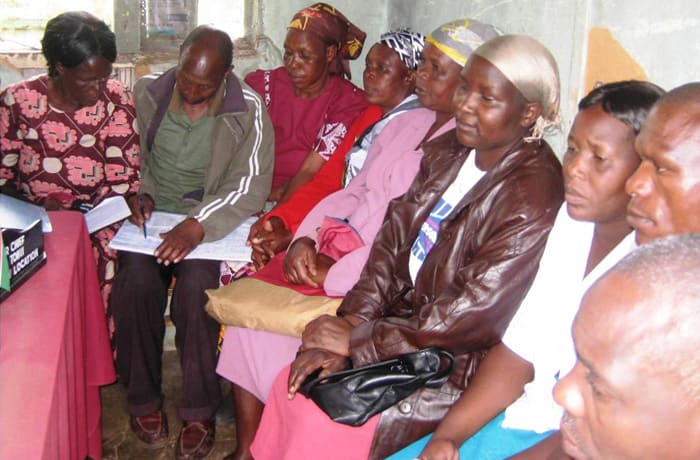
Catholic Relief Services Zambia
Founded by the US Conference of Catholic Bishops in 1943, Catholic Relief Services (CRS) has expert experience in managing complex, multi-year relief and development projects. The organisation has been operating in Zambia since 2000, with programs in 8 Zambian provinces, dealing with health, nutrition, agriculture, microfinance and capacity building.
Contact info
+260 211 224131, +260 211 224118, +260 977 740857, +260 977 740871
PO Box 38086, Lusaka
Message business
Enquiries, questions, quotation requests etc
Enquire via Email
Agriculture sector
Agriculture is one of the main sources of income in Zambia with about 70% of the Zambian population dependent on farming. The CRS works to empower rural communities to engage in market equability, profitability and sustainability so that rural families can earn a basic income.
Techniques for processing, preparation and preservation of produce
Enabled15,000 smallholder farm families to produce higher yields
Works with farmers to build their ability to identify viable market opportunities
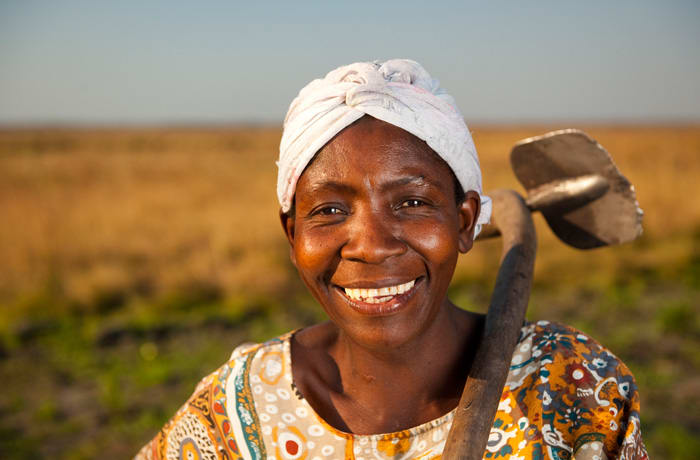



+2
International NGO
Its mission is to assist impoverished and disadvantaged people. With programs in 8 Zambian provinces, CRS works hard to improve family well-being through agro-economic development, environmental stewardship and many more. CRS is dedicated to strengthening health systems and sustainability.
Dealing with agriculture, health care, micro finance and capacity building
In partnership with local church agencies, other faith-based partners
Serves people based solely on need, regardless of their religion or ethnicity



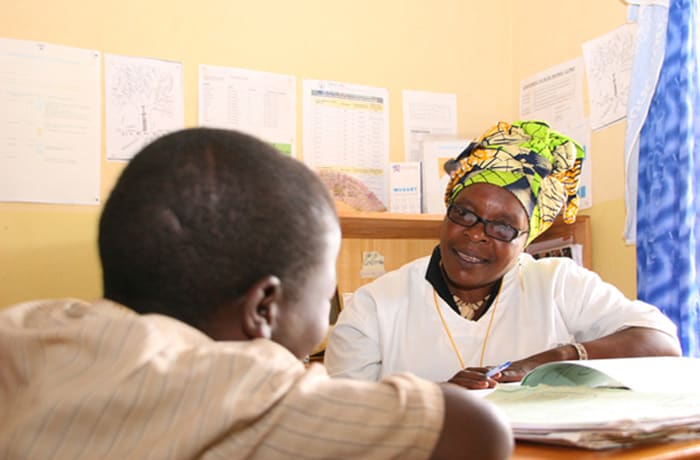
+2
Healthcare
Catholic Relief Services runs several health programmes in Zambia to help address the health needs of the most vulnerable in society. The agency's health programs include a broad spectrum of services, from community support and care to clinical treatment that meets the diverse needs of clients.
Works with teams of seasoned, highly trained national professionals
Has worked with local partners to train 137 service providers
Provides on-site clinical training to more than 200 medical and clinical officers




+2
Micro finance
In recognition of the fact that 64% of Zambian live below the poverty line, Catholic Relief Services has developed a savings-led microfinance model known as Savings and Internal lending Communities (SILC). The microfinance has been helping the community with a strategy to protect their assets, cash flow and increase income.
Savings-led micro finance model known as SILC
Credit to invest in improved production and marketing techniques
Builds financial management and other important life skills for youth participation


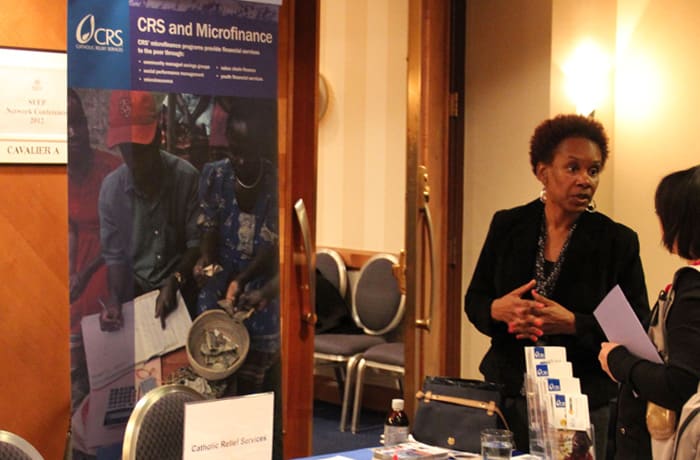

+2
Capacity building
Catholic Relief Services has partnered with more than 40 local organisations in Zambia to implement quality development programs. CRS believes that capacity strengthening of local partners is fundamental to achieving sustainability. The aim is to foster strong local ownership by helping to build the capacities of partners.
Works through local partners to deliver quality development programmes
Provides training to partner field staff in monitoring and evaluation
Continuously strengthens the institutional capacity of the CHAZ

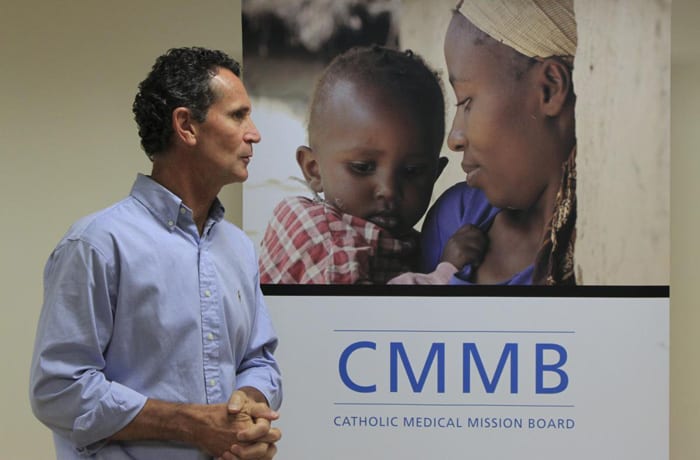

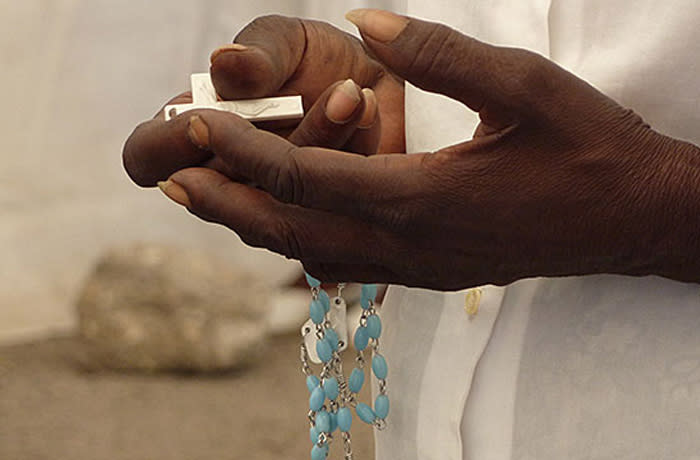
+2
Contact information
+260 211 224131, +260 211 224118, +260 977 740857, +260 977 740871
PO Box 38086, Lusaka
Message Catholic Relief Services Zambia
Enquiries, questions, quotation requests etc
Enquire via Email
Run a business in Zambia?
© 2021 Infobwana, Ltd. All rights reserved. Formally thebestofzambia.com · Learn more



